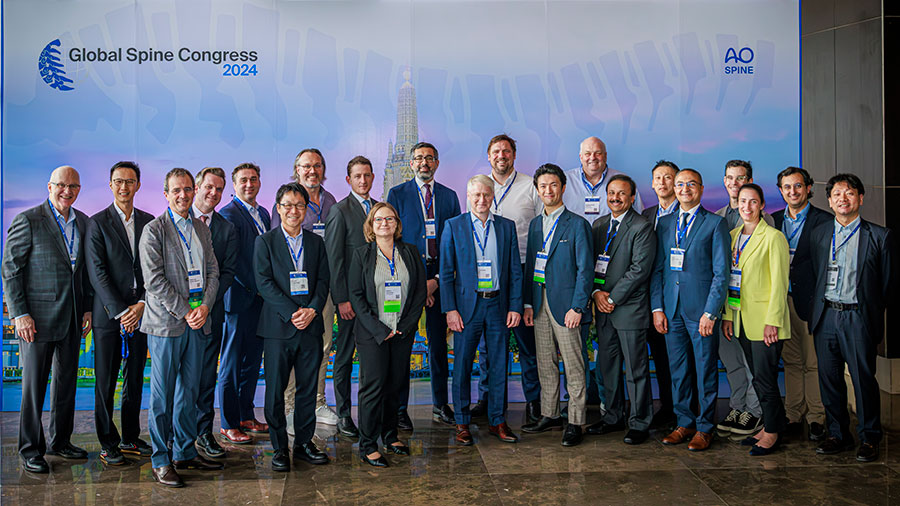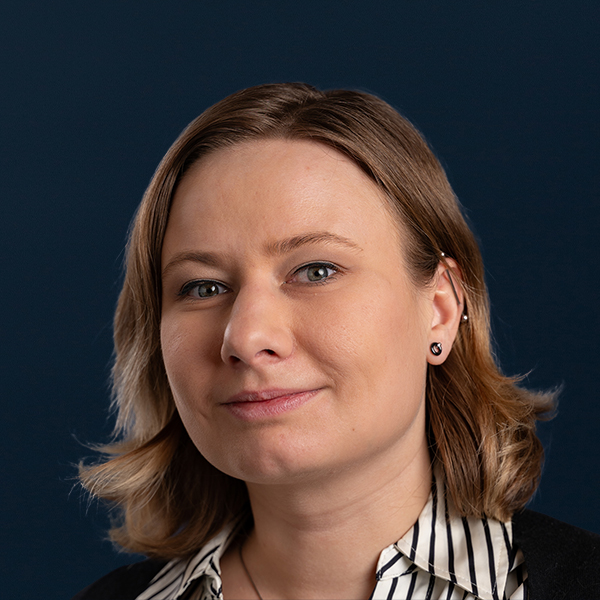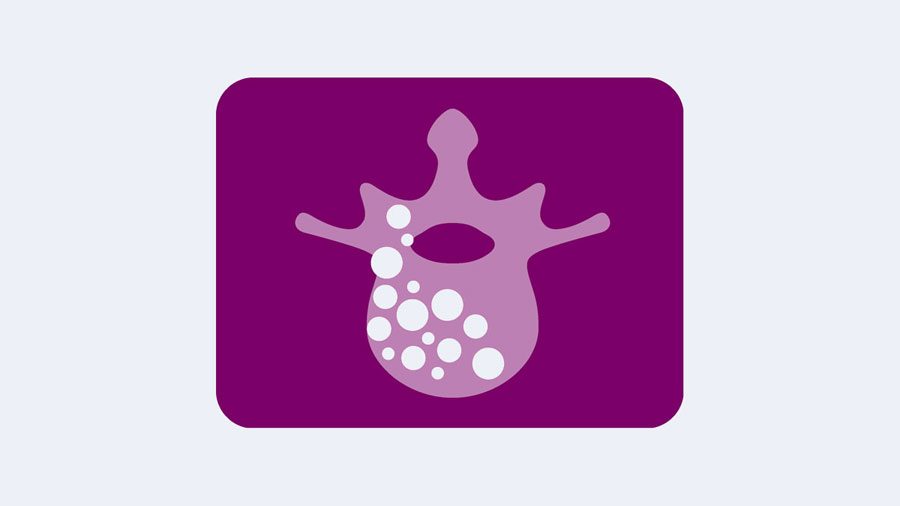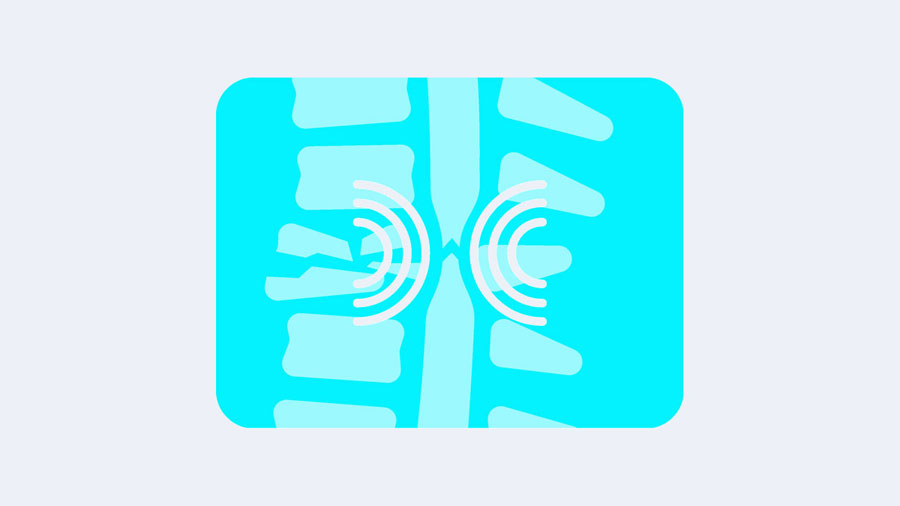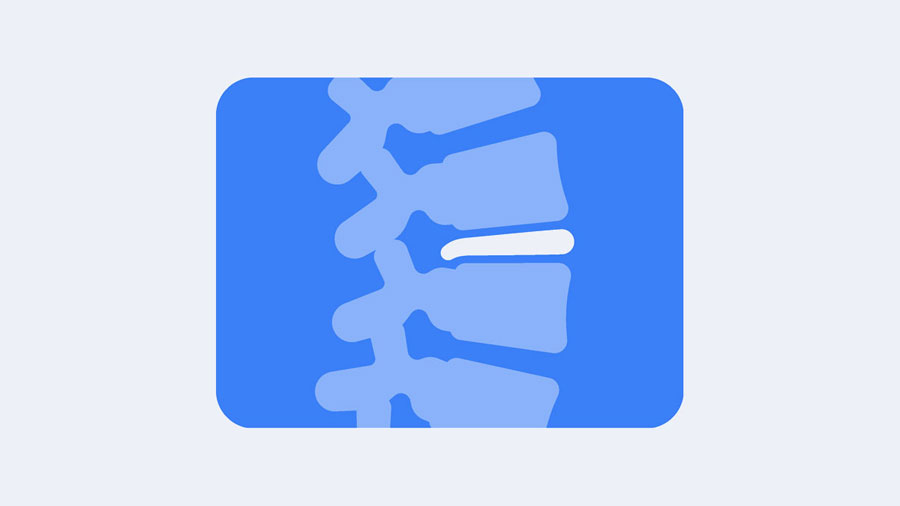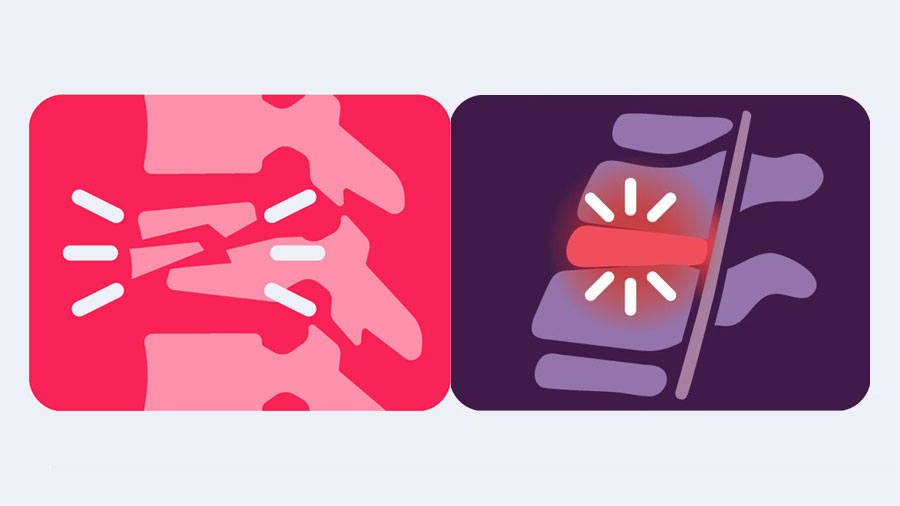AO Spine Knowledge Forum Deformity
Practical tools for clinicians treating patients with spinal deformities
These selected clinical tools and articles developed by the AO Spine Knowledge Forum Deformity will help clinicians in planning appropriate treatments, assessing patient suitability, training next generation surgeons, and providing the best evidence to support decision-making, ultimately enhancing clinical practice and outcomes for spine deformity patients.
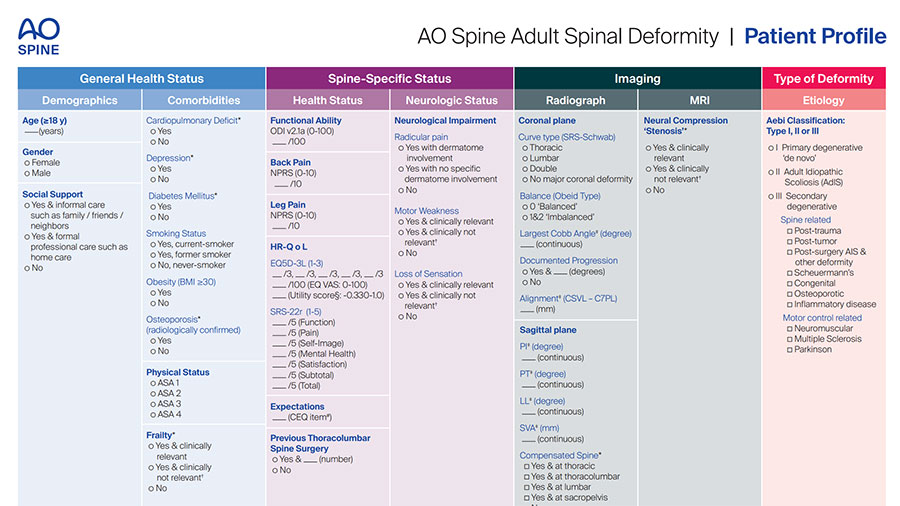
Classification Systems
AO ASD Patient Profile
The AO Adult Spine Deformity Patient Profile is a classification tool to assist clinicians systematically consider all important factors so they can provide the best care for adult spine deformity patients.
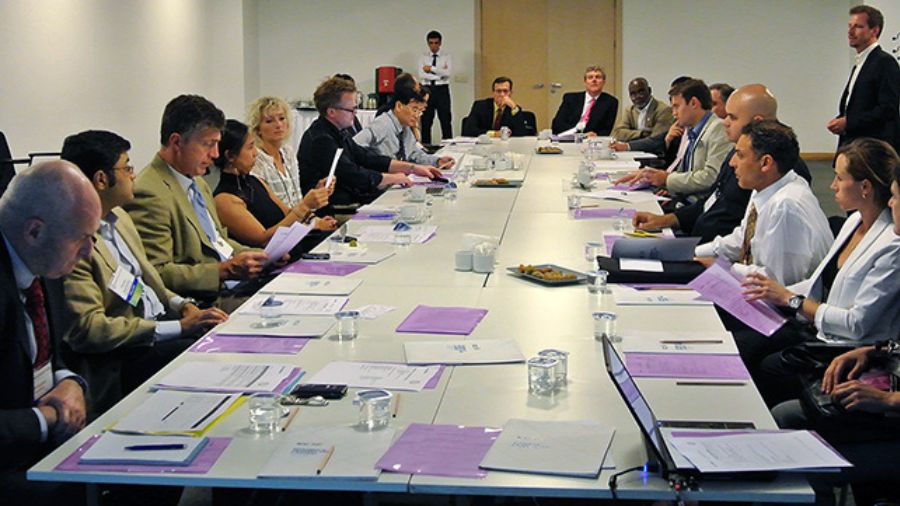
Seminal Study Results
Scoli-RISK-1
This prospective multicenter observational study established the gold standard for the rate of neurologic complications in patients undergoing high-risk adult deformity surgery and identified key risk factors of poor surgical outcomes.
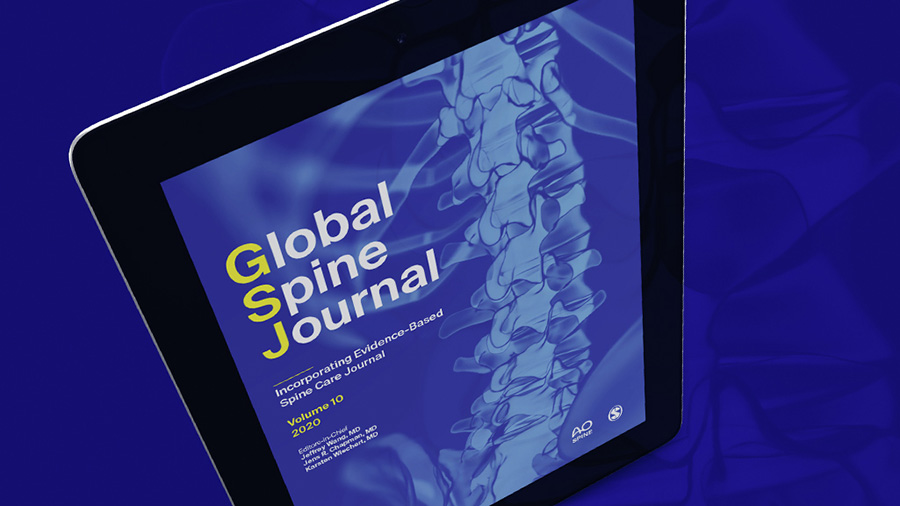
Clinical Practice Recommendations
Adult Spinal Deformity
Articles combining top evidence and expert opinions offer clinicians evidence-based clinical practice recommendations for adult spinal deformity patients, including Spinopelvic Fixation—What are the Key Items to Understand Performance?
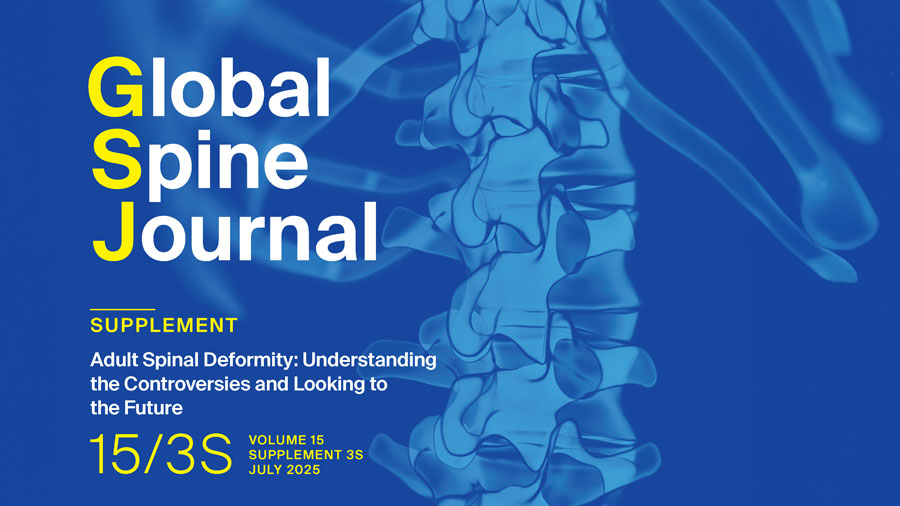
Global Spine Journal Focus Issue
Adult Spinal Deformity
The special issue guest edited by Stephen J. Lewis and Lawrence G. Lenke features articles identifying the main sources of perioperative concerns facing surgeons, with the goal of advancing the field and our understanding of this complex and heterogenous condition. Visit Adult Spinal Deformity: Understanding the Controversies and Looking to the Future to find out more.
Educational offerings and resources for spine professionals interested in spinal deformities
AO Spine offers gold-standard courses and resources in spinal deformities for spine surgeons at different stages of their career. The AO’s publishing and knowledge sharing platforms will further help boost their impact and improve the care of patients with spinal deformities.
- The AO Surgery Reference Deformity modules
- Global Spine Diploma Adult and Pediatric Deformity module
- AO Spine Deformity Curriculum Courses
- Upcoming AO Spine deformity courses
- Guest Blog posts on Deformities
- AO Videos (members access only)
- Global Spine Journal special collection of hand-picked articles on spinal deformities
Ongoing research projects
-
Knowledge Forum Deformity Needs Assessment Survey
Principal investigator:
Stephen J. Lewis
Goal:
To understand the knowledge gaps and open questions regarding patients with adult spinal deformity, and to assess the effectiveness of knowledge translation for instruments and recommendations already developed by the AO Spine Knowledge Forum Deformity.
-
AO Spine Knowledge Forum Deformity intraoperative neuromonitoring (IONM) survey
Principal investigator:
Krishna Kumar
Goal:
Intra Operative Neuromonitoring and Wake-Up Test forms an integral part of spinal deformity surgery. This survey aims to understand the current practice of usage of Intra Operative Neuromonitoring and Wake-Up Test among practicing spine surgeons.
-
* SMART: Durability of Supplementary Rod Constructs—SuppleMentAry Rod Technique (SMART)—For Long-segment Posterior Instrumented Spinal Fusion Procedures: A Multicenter Retrospective Comparative Study with Dual-rod Constructs
Principal investigator:
Justin S. Smith
Co-Principal investigators:
Stephen J. Lewis, Michael P. Kelly
Goal:
To compare rod fracture rates after index surgery between patients having received supplementary rod constructs and patients having received dual-rod constructs
ClinicalTrials.gov Identifier: NCT06368245
Additional information
AO Spine Knowledge Forum Deformity launches study on supplementary rod constructs
-
*/** SDIM: Spinal Deformity Intraoperative Monitoring (SDIM)—Understanding and Managing Intraoperative Neuromonitoring Changes During Spinal Deformity Surgery: A Prospective Interventional Study
Principal Investigator:
Stephen J. Lewis
Co-Principal Investigators:
Lawrence Lenke, Nasir Quraishi
Goals:
Aims to determine the incidence of intraoperative neuromonitoring alerts in complex, high-risk, spinal deformity surgeries and identify the events that lead to such alerts
ClinicalTrials.gov Identifier: NCT03880292
Remark:
This project was awarded a Standard Research Grant (2018) from the Scoliosis Research Society (SRS).
Additional information:
On the way to reducing neurological injury during surgery
Research Output:
-
*/** PEEDS: Prospective Evaluation of Elderly Deformity Surgery (PEEDS): A Prospective Observational, Multicenter Study
Principal investigator:
Stephen J. Lewis
Co-Principal investigator:
Sigurd Berven
Goals:
Aims to show an improvement in SRS-22 total score between baseline and 24 months and five years after surgery in patients at age 60 or older treated with major spinal reconstruction (spinal fusion of at least five levels) for adult spinal deformity
ClinicalTrials.gov Identifier: NCT02035280
Research Output:
-
POMa: AO Peri-Operative Management (POMa) of Adult Deformity or Degenerative Spine: An International Survey
Principal investigator:
Stephen J. Lewis
Co-Principal investigator:
So Kato
Goal:
To understand the current trends in perioperative adult spinal deformity surgery management based on an international survey
Remark:
This project is in cooperation with the KF Degenerative.
Research Output:
-
2024 AO Spine Knowledge Forum Associate Research Award—Biomechanical Approach to Predict Mechanical Complications in Adult Spinal Deformity Surgery
Principal investigator:
Christopher Nielsen
Co-Principal investigator:
Stephen J. Lewis
Goals:
To identify ideal sagittal parameters to minimize mechanical complications like proximal junctional kyphosis (PJK) and adjacent segment disease (ASD) following adult spinal deformity surgery. It involves two phases:
- a retrospective review of patients who underwent fusion surgery, using musculoskeletal models to calculate vertebral loading and investigate the association between vertebral forces and mechanical complications.
- an evaluation of the impact of various realignment criteria on adjacent forces to propose optimal alignment strategies
* This AO Spine-sponsored study is executed with support from the AO Innovation Translation Center (AO ITC) Clinical Evidence.
** Award-winning project
Completed research projects
-
Global Spine Journal AO Spine Knowledge Forum Deformity Focus Issue
Principal investigators:
Stephen J. Lewis, Lawrence Lenke
Goal:
Aims to provide a thorough review of the current status of adult spinal deformity surgery and highlight areas of controversy. The issue provides guidance through the current literature and help identify future directions to help answer some of the difficulties encountered in treating this complex and highly variable disorder. Visit Global Spine Journal Volume 15 Issue 3 Supplement to read the articles.
-
** AIS Consensus: An International Consensus on the Surgical Treatment Standards for Adolescent Idiopathic Scoliosis
Principal investigator:
Marinus de Kleuver
Co-Principal investigator:
Manabu Ito
Goals:
Established an international consensus on what constitutes optimal operative care for adolescent idiopathic scoliosis patients between 12 and 20 years of age with curves ranging from 40 to 90 degrees Cobb angle
Research Output:
-
ASD Consensus: An International Consensus on the Appropriate Treatment for Adults with Spinal Deformity
Principal investigator:
Sigurd Berven
Co-Principal investigator:
Marinus de Kleuver
Goals:
Identified the goals of care and management strategies that are appropriate for adult spinal deformity patients based upon worldwide expert opinion
Research Output:
-
COSSCO: Identification of a Core Outcome Set for SCOliosis (COSSCO)
Principal investigator:
Marinus de Kleuver
Co-Principal investigator:
David Polly
Goals:
Developed a core outcome set specific to spinal deformity that represents the minimum that should be measured and reported in all outcome registries of a specific condition
Research Output:
-
FLEXIS: FLEXIbility in Scoliosis (FLEXIS)—Comparison of Dynamic Radiographs in Determining Fusion Level in Adolescent Idiopathic Scoliosis Correction
Principal investigator:
Kenny Kwan
Co-Principal investigators:
Kenneth Cheung, Ahmet Alanay
Goals:
Identified the dynamic radiograph(s) that can most accurately predict the curve behavior after surgical correction in patients diagnosed with adolescent idiopathic scoliosis
ClinicalTrials.gov Identifier: NCT03296228
Research Output:
-
AO ASD: AO Spine Comprehensive Classification of Adult Spinal Deformity
Principal investigator:
J Naresh-Babu
Co-Principal investigators:
Manabu Ito, Jong-Beom Park, Kenny Kwan
Goals:
Developed a comprehensive classification that separates patients into clinically different subgroups that require different treatment strategies
Additional information:
AO Spine Adult Spinal Deformity Patient Profile—a new tool to optimize treatment of ASD
Research Outputs:
-
2019 AO Spine Discovery Innovation Award—Tension Parameters in Junctional Tethers for Proximal Junctional Kyphosis
Principal investigator:
Tim O’Connor
Co-Principal investigators:
Mary O’Hehir, Jeffrey Mullin
Goals:
Determined the optimal tension required for junctional tether systems by using cadaveric models and finite element analysis
Research Output:
-
2022 AO Spine Discovery and Innovation Award—Measuring the Utility of Artificial Intelligence Assistance for the Measurement of Full Alignment Parameters in Whole-spine Radiographs
Principal investigator:
Federico Landriel
Co-Principal investigator:
Santiago Hem
Goals:
Evaluated the effect of AI-assistance in the automatic calculation of radiographic spinal alignment parameters from whole spine x-rays on both measurement precision and time demand.
Research Output:
Publication summary
-
2022 AO Spine Discovery and Innovation Award—Can Differences in Mechanics of Degenerative Spondylolisthesis and Degenerative Scoliosis Intervertebral Discs (IVDs) be Explained by Altered Matrix Degradation?
Principal investigator:
Ganesh Swamy
Co-Principal investigators:
David Hart, Paul Salo, Neil Duncan, Antoine Dufour
Goals:
- Characterized the matrix proteome/degradome of the annulus fibrosus from patients with degenerative scoliosis and degenerative spondylolisthesis as compared to control IVDs.
- Characterized the structure of elastin in the annulus fibrosus from patients with degenerative scoliosis and degenerative spondylolisthesis and its degradation products as compared to control IVDs.
Research Output:
Publication summary
-
2022 AO Spine Knowledge Forum Associated Research Award—Does Vertebral Body Tethering Cause Disc and Facet Joint Degeneration? A Mid-term MRI Study with Minimum Five Years Follow-up
Principal investigator:
Caglar Yilgor
Co-Principal investigators:
Ahmet Alanay, Altug Yucekul
Goal:
Using MRI, mid-term viability of the discs and facet joints of the intermediate and adjacent thoracic and lumbar levels were assessed for signs of degeneration, and the study evaluated signs of spontaneous fusion.
Research Output:
Publication summary
-
*/** Scoli-RISK-1: Evaluation of Neurologic Complications Associated with Surgical Correction of Adult Spinal Deformity: A Prospective, Observational, Multi-center Study and 5-year Follow-up Extension
Principal investigator:
Lawrence G. Lenke
Co-Principal investigator:
Michael G. Fehlings
Goals:
Aim was to establish the risk of neurologic deficit related to surgical correction of adult spinal deformity and to identify characteristics associated with increased risk of neurologic complications related to the surgery
ClinicalTrials.gov Identifier: NCT01305343
ClinicalTrials.gov Identifier: NCT02949245
Remark:
This project received co-funding from the Scoliosis Research Society (SRS) and Norton Healthcare
Additional Information:
Research Output:
* This AO Spine-sponsored study is executed with support from the AO Innovation Translation Center (AO ITC) Clinical Evidence.
** Award-winning project
KF Deformity Steering Committee
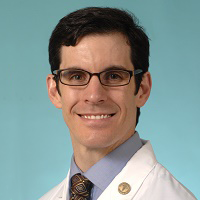
Michael Kelly
Co-chair
UCSD and Rady Children’s Hospital
San Diego, CA, USA
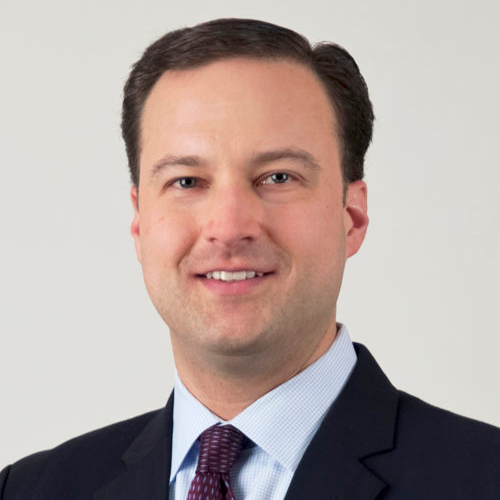
Justin Smith
Co-chair
University of Virginia
Charlottesville, USA
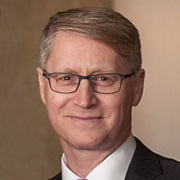
Stephen Lewis
Past Chairperson
Toronto Western Hospital
Toronto, Canada
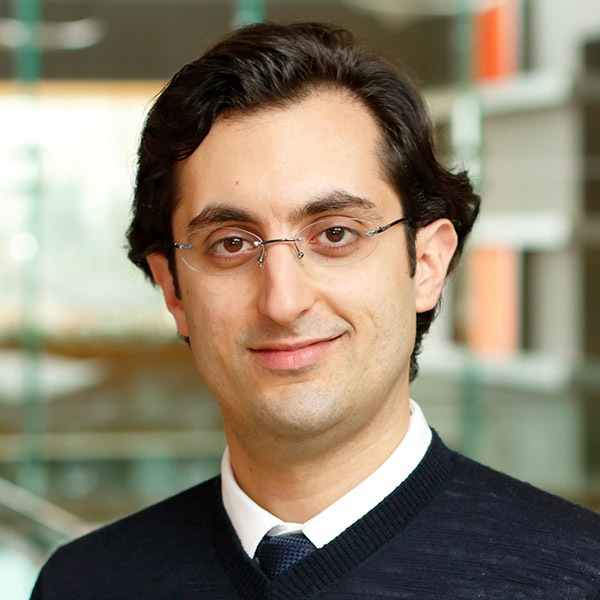
Caglar Yilgor
Koç University Hospital
Istanbul, Turkey
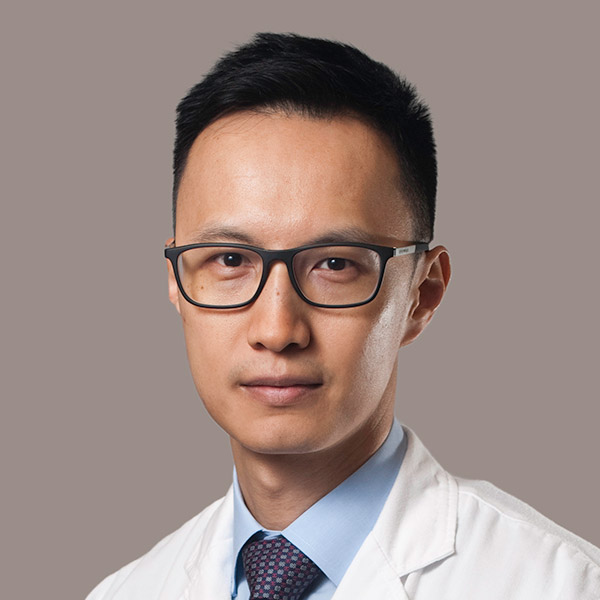
Kenny Kwan
University of Hong Kong
Hong Kong
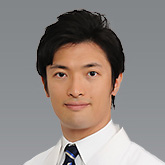
So Kato
The University of Tokyo
Tokyo, Japan
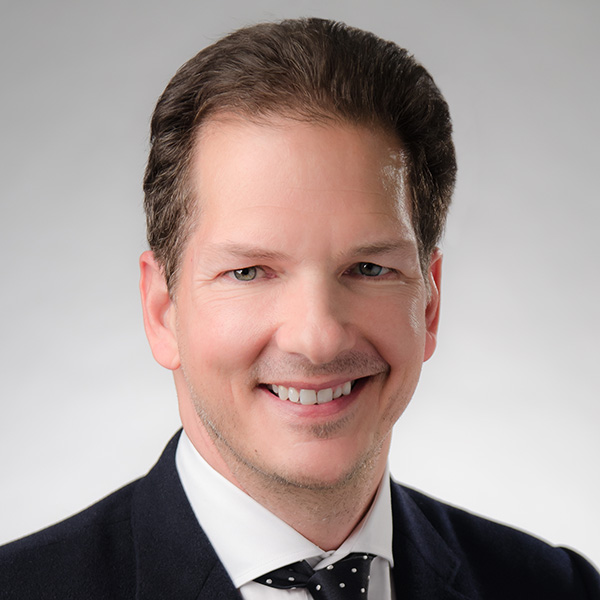
Christopher Ames
University of California San Francisco,
San Francisco, CA, USA
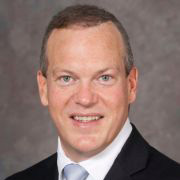
Eric Klineberg
UT Health Houston
Houston, TX, USA
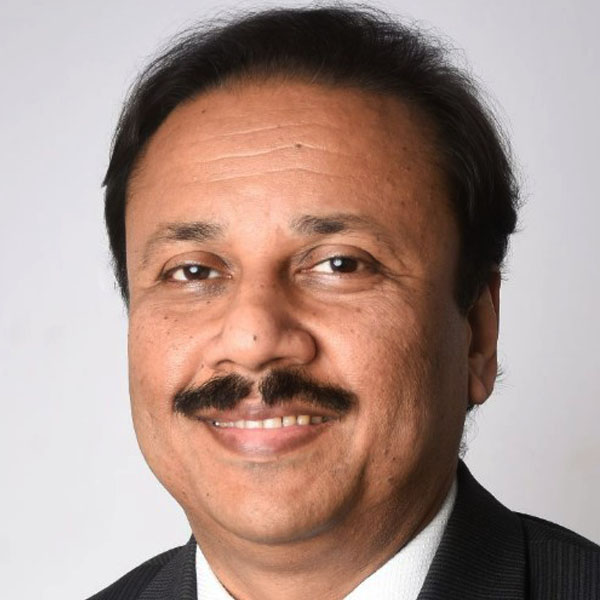
Saumyajit Basu
Kothari Medical Center and Park Clinic
Kolkata, India
KF Advisory Board
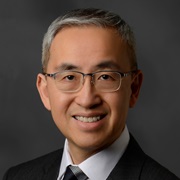
Kenneth Cheung
The University of Hong Kong
Hong Kong, China
Co-Chairperson 2011-2013

David Polly
University of Minnesota
Minneapolis, USA
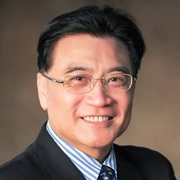
Yong Qiu
Nanjing University
Nanjing, China
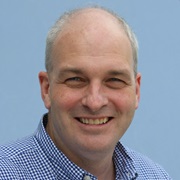
Christopher Shaffrey
Duke University Medical Center
Durham, USA
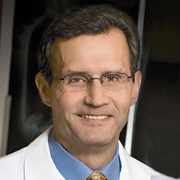
Lawrence Lenke
Columbia University New York,
New York, USA
Co-Chairperson/Chairperson 2011-2015
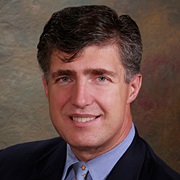
Sigurd Berven
University of California San Francisco
San Francisco, USA
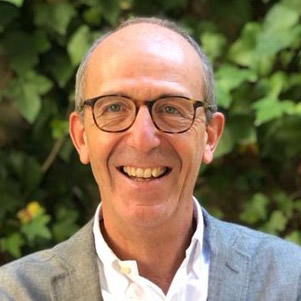
Ferran Pellise Urquiza
Hospital Vall d'Hebron / Barcelona Spine Institute Hospital Quiron
Barcelona, Spain
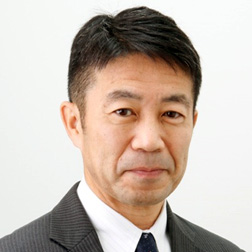
Yukihiro Matsuyama
Hamamatsu University School of Medicine
Hamamatsu, Japan
-
KF Deformity Associate Members
Ahmed Abdelgawaad, Helios Hospitals Erfurt, Erfurt, Germany
Nelson Astur, Hospital Israelita Albert Einstein – Sao Paulo, Sao Paulo, Brazil
Pedro Berjano, IRCCS Istituto Ortopedico Galeazzi, Milan, Italy
Aaron J. Buckland, Melbourne Orthopaedic Group Australia, Melbourne Australia
Anastasios Charalampidis, Karolinska University Hospital, Solna, Sweden
Elias Elias, University of Texas, Texas, USA
Swamy Ganesh, University of Calgary, Calgary, Canada
Yoshida Go, Hamamatsu University School of Medicine, Tokyo, Japan
Munish Gupta, Washington University School of Medicine, St. Louis, MO, USA
Jeffrey Hills, UT Health San Antonio, San Antonio, USA
Miranda van Hooff, Radboud University Medical Center/Sint Maartenskliniek, Nijmegen, Netherlands
Serena Hu, Stanford University, Stanford, CA, USA
Yashar Javidan, University of California, Davis Health, Davis, CA, USA
Thorsten Jentzsch, Balgrist Universitätsklinik, Zürich, Switzerland
Kristen Jones, Duke University, Durham, NC, USA
Krishna Kumar, VPS Lakeshore Hospital, Kochi, India
Darryl Lau, NYU Langone Health, New York, NY, USA
Brian Neuman, Washington University, St. Louis, MO, USA
Fred Nicholls, University of Calgary, Calgary, Canada
Christopher Nielsen, Toronto Western Hospital, Toronto, Canada
Colby Oitment, McMaster University, Hamilton Ontario, Canada
Robert Ravinsky, Medical University of South Carolina, Charleston, SC, USA
Anna Rienmueller, Medizinische Universität Wien, Wien Austria
Brett Rocos, Duke University Medical Center, Durham, USA
Zeeshan Sardar, Columbia University, New York, NY, USA
Juan Sardi, University of Texas Southwestern Medical Center, Texas, USA
Jonathan Sembrano, University of Minnesota Medical School, Minnesota MN, USA
Alekos Theologis, University of California San Francisco, San Francisco, CA, USA
Hiroki Ushirozako Hamamatsu, University School of Medicine, Hamamatsu, Japan
Kota Watanabe, Keio University School of Medicine, Tokyo, Japan
Zhu Zezhang, Nanjing University Medical School, Nanjing, China
Alisson Teles, Santa Casa de Porto Alegre.Porto Algere, Brazil
Bhavuk Garg, All India Institute of Medical Sciences, New Delhi, India
Mauricio Andres Campos Daziano, Pontificia Universidad Católica de Chile, Santiago, Chile
Nan Wu, Peking Union Medical College Hospital, Bejing, China
Rajendra Sakhrekar, Children’s Hospital Westmead, Sydney, Australia
Shin Oe, Hamamatsu University School of Medicine, Hamamatsu, Japan
Sultan Aldebeyan, King Fahad Medical City, Riyadh, Saudi Arabia
Arthur Odotei Sackeyfio, Focos Orthopaedic Hospital, Accra, Ghana
Omar Alnori, Hamad Medical Corporation, Doha, Qatar
Reuben Soh, Singapore General Hospital, Singapore, Singapore
Saman Shabani, Medical College of Wisconsin, Milwaukee, WI, USA
Sameh Abolfotouh, MEDCARE Hospital Dubai, UAE
Fatemeh Alavi, University Health Network, Toronto, Canada
Ioannis Avramis, Baylor University Medical Center, Dallas, TX, USA
Alpaslan Senkoylu, Gazi University Department of Orthopaedics and Traumatology, Ankara, Turkey
Other Knowledge Forums
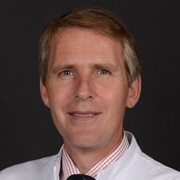
“There is a myriad of outcome studies and instruments out there; everybody uses different tools to measure their quality of care. We help bring more rationale to the options that are available.”
Marinus de Kleuver, Past Chairperson KF Deformity


